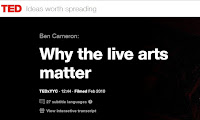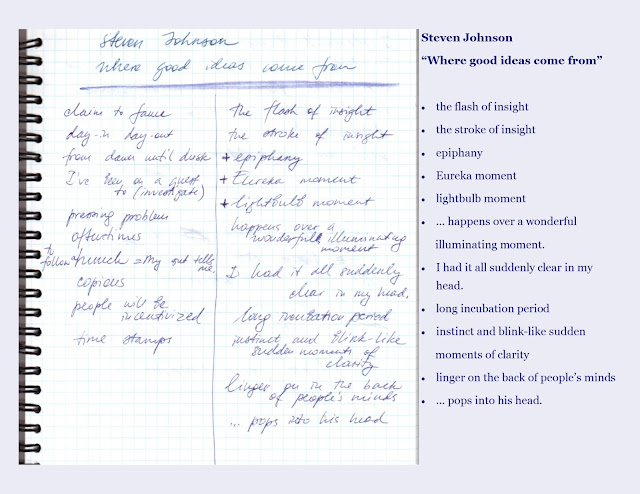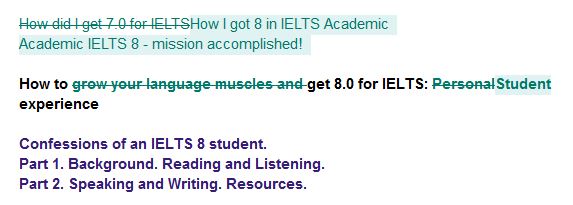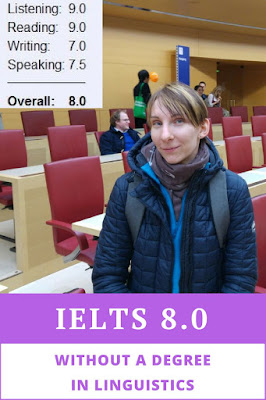8 more mistakes Russian learners of English often make

I didn’t initially plan to write a sequel to my post about common mistakes that Russian learners of English actually make, but the post proved extremely useful. Instead of explaining the mistakes over and over again, I simply gave my students the link and the number of the mistake they kept making. Seeing how well it worked, I’ve decided to put together one more list of common mistakes Russian learners make. The root of all the mistakes below is the direct translation from Russian. Again, the list is based on my personal teaching experience. The order is almost random. #1 Feel yourself good Feel good . If you think about it, isn't ‘yourself’ redundant anyway? Of course, it’s yourself you are talking about, so you don’t need to say it. On top of that, ‘ feel yourself ’ actually means something you probably don’t want to say. Google it. Seriously, do. #2 Weekends Weekend , just one. If you are talking about your last or next weekend, a combination of two days Saturday







